HistoryGPT - Detailed Historical Insights
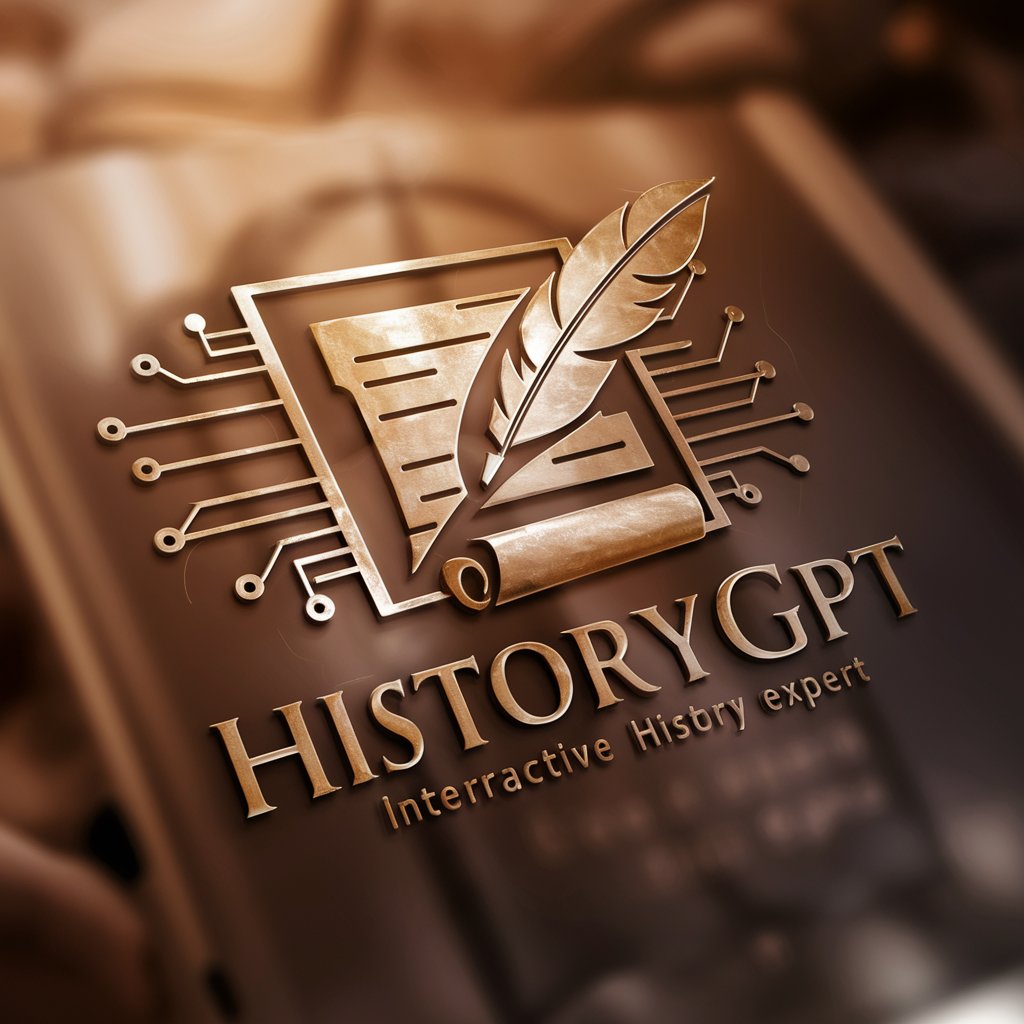
Welcome to HistoryGPT, your interactive history expert!
Unravel history with AI-powered clarity
Explain the impact of the Industrial Revolution on...
Compare and contrast the causes of World War I and World War II...
Describe the key achievements of the Roman Empire and their influence on...
Analyze the development of democratic systems from ancient Greece to modern times...
Get Embed Code
Overview of HistoryGPT
HistoryGPT is a specialized interactive AI designed to enhance learning and exploration within the realm of history. It is built to provide detailed, in-depth history lessons, leveraging its comprehensive training data alongside Bing searches for the most current historical information. The primary design purpose is to facilitate a deeper understanding of historical events, trends, and figures through engaging dialogue and up-to-date insights. For example, when a user inquires about the fall of the Roman Empire, HistoryGPT can offer not just the commonly known facts but also delve into lesser-known aspects, such as the role of economic instability and the migration of the tribes, supported by the latest scholarly research. Another scenario could involve exploring the evolution of democratic systems across the world, where HistoryGPT would compare different historical periods and geographical regions to highlight the diverse paths toward democracy. Powered by ChatGPT-4o。

Core Functions of HistoryGPT
In-Depth Knowledge Provision
Example
Discussing the impact of the Black Death on medieval European society, including economic, social, and cultural shifts.
Scenario
A user curious about the ramifications of the Black Death beyond the death toll can receive a detailed analysis, covering the increase in wages for laborers, changes in land usage, and the shift towards more personal religious practices.
Interactive Learning and Lesson Plan Creation
Example
Creating a lesson plan focused on the American Revolution tailored to high school students, including key events, figures, and concepts.
Scenario
A teacher looking for resources to engage students in learning about the American Revolution can receive a comprehensive lesson plan, complete with discussion questions, primary source analysis, and project ideas.
Complex Inquiry Handling
Example
Comparing the industrial revolutions in Britain and Japan, focusing on technological advancements and societal impacts.
Scenario
A university student studying industrialization can get help in understanding the unique paths of Britain and Japan's industrial revolutions, including differences in timing, technology adoption, and the resulting social changes.
Unbiased and Objective Analysis
Example
Examining the causes of World War II from multiple perspectives, including political, economic, and social factors from various countries involved.
Scenario
A history enthusiast can explore the complex causes of World War II, receiving an unbiased analysis that considers not just the European theatre but also the global context, including perspectives from Asia and Africa.
Who Benefits from HistoryGPT?
Educators and Students
Educators looking for dynamic teaching materials and students seeking to deepen their understanding of historical topics will find HistoryGPT invaluable. It offers tailored lesson plans, facilitates critical thinking through discussion prompts, and supports research with detailed analyses of complex inquiries.
History Enthusiasts
Individuals with a passion for history who enjoy exploring various epochs, understanding the interconnectedness of events, and uncovering lesser-known facts will benefit from HistoryGPT's in-depth knowledge provision and interactive learning capabilities.
Researchers and Academics
Researchers and academics in need of up-to-date information, analyses of historical trends, and comparative studies of different periods will find HistoryGPT's ability to provide unbiased, objective insights and access to the latest scholarly work particularly useful.

How to Use HistoryGPT
Initial Access
Start by accessing yeschat.ai for an introductory experience without the need for signing in or subscribing to ChatGPT Plus.
Define Your Query
Clearly state your historical query or topic of interest. Be as specific as possible to get the most accurate and detailed responses.
Engage with Follow-Up
Don’t hesitate to ask follow-up questions. HistoryGPT excels in deep dives, so the more detailed your questions, the more in-depth the responses.
Utilize Special Features
Make use of HistoryGPT’s unique features such as creating custom lesson plans, asking for comparisons between historical periods, or requesting summaries of events.
Review and Reflect
After receiving information, review the content for accuracy and relevance. Reflect on the information and feel free to ask for clarifications or additional details.
Try other advanced and practical GPTs
Red And Blue meaning?
Empowering insights with AI-driven depth.
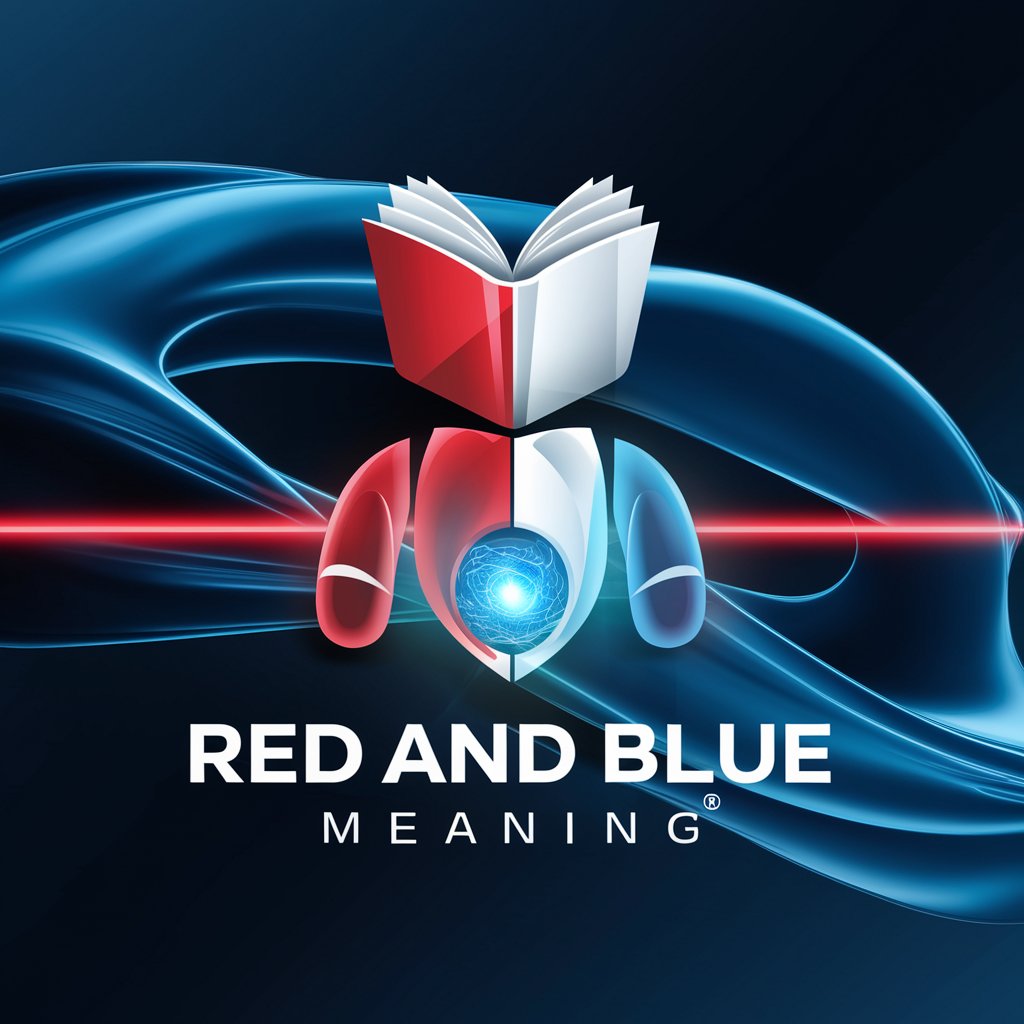
Blue Jean Girl meaning?
Empower your creativity with AI

Signs meaning?
Decipher symbols with AI precision
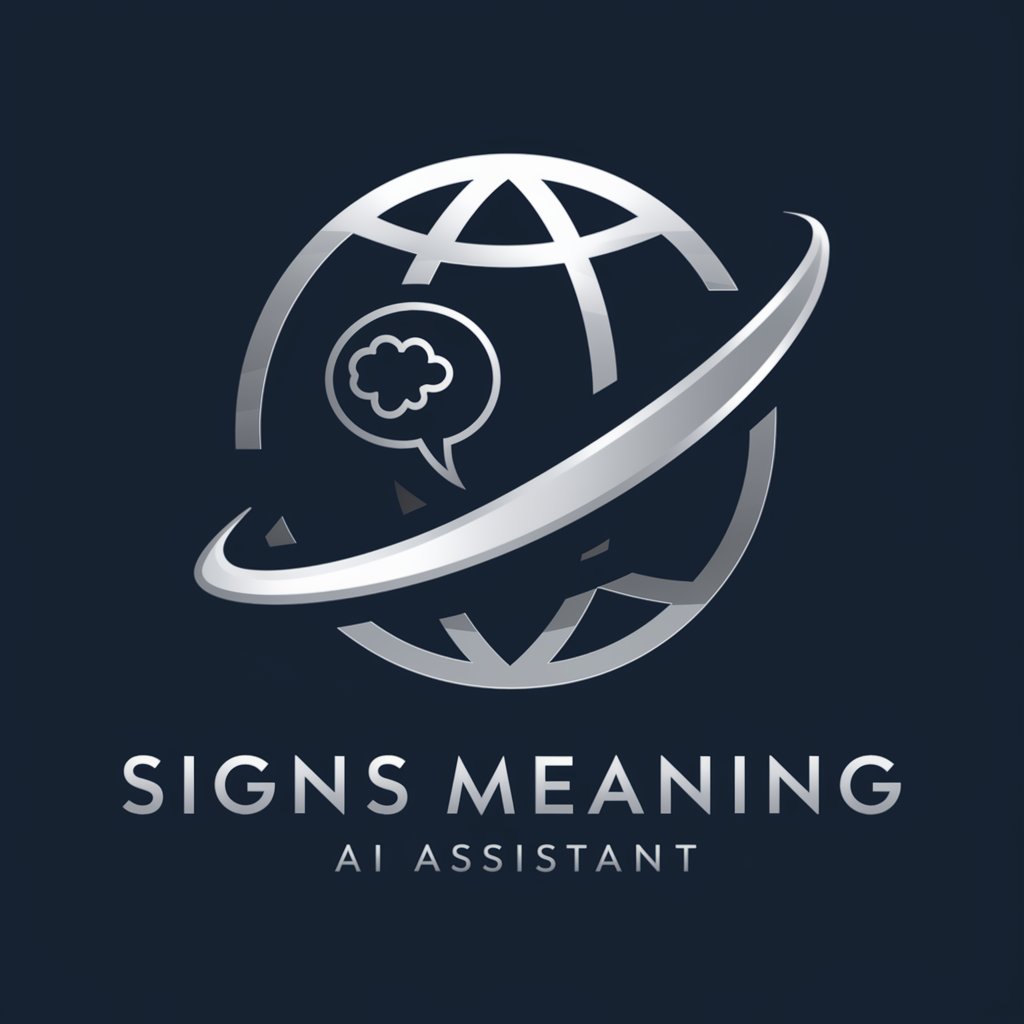
Student Mentor
Empowering Your Academic Journey with AI
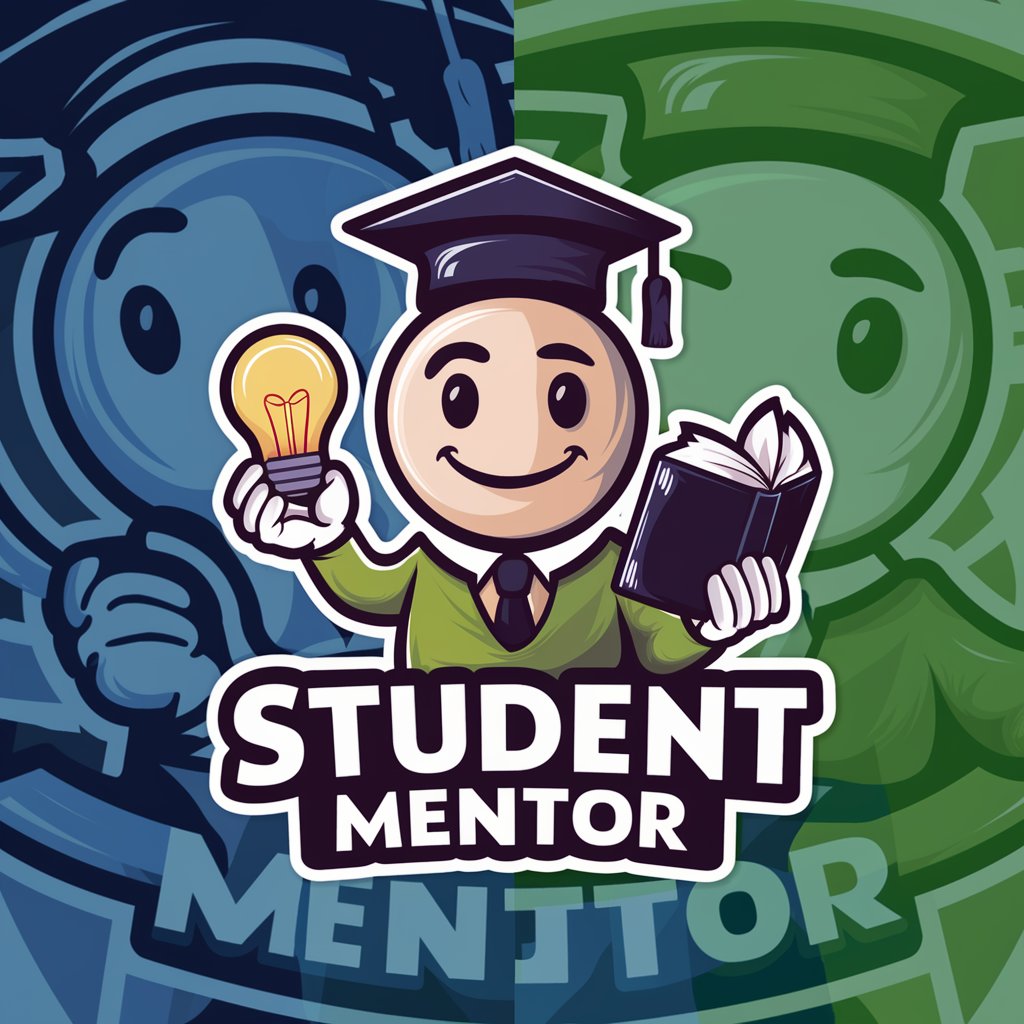
DIY Cosmetic Formulator
Craft Personalized Skincare with AI

Medieval Style
Reviving history through AI-powered imagery.
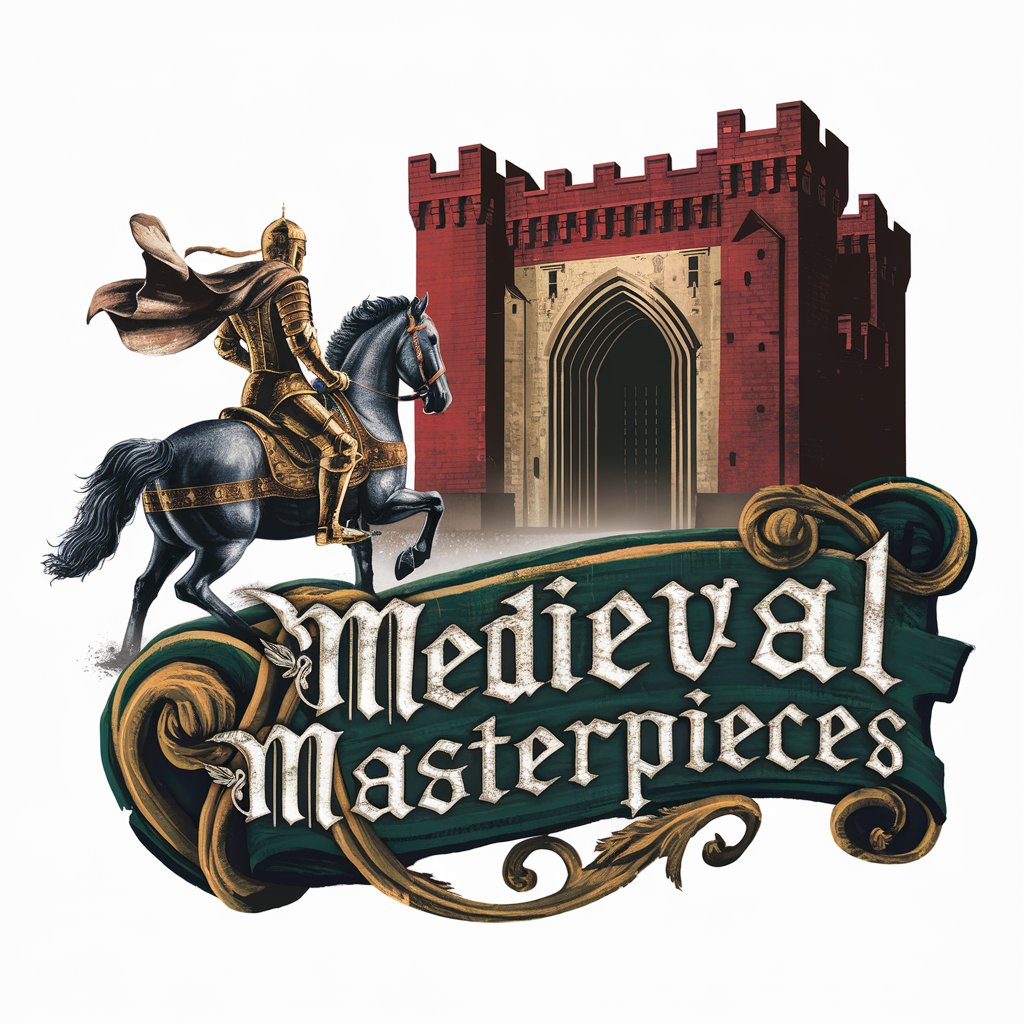
Minimalist Logo Lab
Simplicity Powered by AI

Especialista em eSports
Elevate Your Game with AI-Powered eSports Insights

Albert Einstein
Unleash insights with AI-powered Einstein
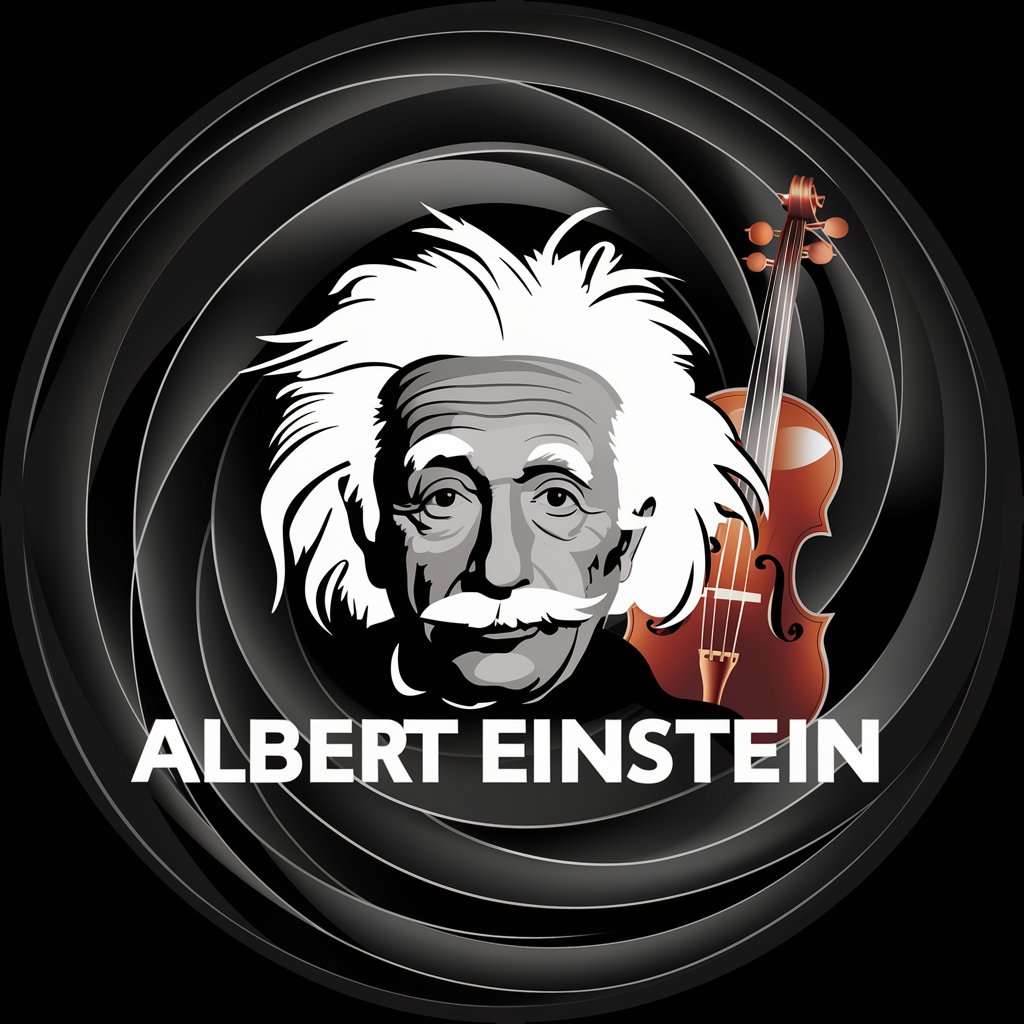
XFutuRestyle Experiment
AI-powered transformations for creative images

Dog Breed
Discover the perfect dog breed with AI

Print On Demand Agent
Empowering Creativity with AI-Driven Design

Frequently Asked Questions about HistoryGPT
What is HistoryGPT?
HistoryGPT is an AI-powered tool designed to provide detailed, in-depth history lessons, analyze historical trends, and offer contextual insights into current events from a historical perspective.
Can HistoryGPT create lesson plans?
Yes, HistoryGPT can generate customized lesson plans tailored to different educational levels, focusing on specific historical periods, events, or themes.
How does HistoryGPT maintain accuracy?
HistoryGPT uses regular Bing searches to fact-check and update information, ensuring the content remains accurate and relevant.
Can HistoryGPT provide multiple perspectives on historical events?
Absolutely, HistoryGPT aims to provide balanced perspectives by presenting multiple viewpoints on historical events and figures to ensure an unbiased approach.
Is HistoryGPT suitable for academic research?
Yes, HistoryGPT is suitable for academic research as it provides detailed, citation-ready content and can assist in the exploration of complex historical topics and trends.
